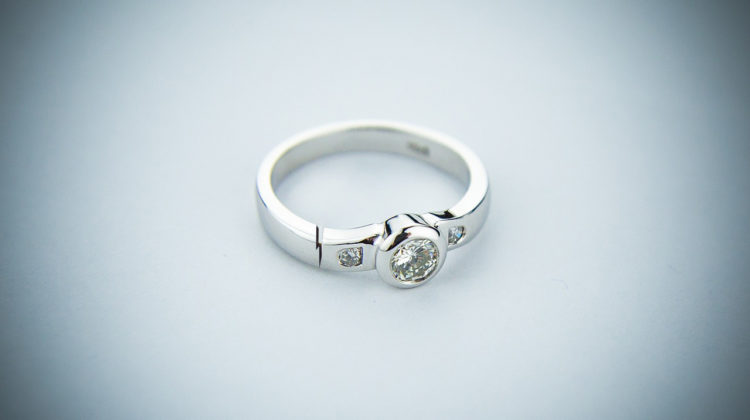If you are in the process of a divorce, or have finalized your divorce, you may be wondering the best way to begin dating. We’ve compiled a few do and don’t tips for dating during a divorce, dating after a divorce, and what you should consider when it comes to dating and introducing a new partner to your children.
DO continue to negotiate your divorce as if you did not have a new partner. Dating during divorce can be a source of comfort and happiness but introducing a new partner into a pending divorce can have unintended consequences. Eager to start a new chapter, you may feel a push to settle your divorce as quickly as possible. This can mean leaving money on the table or agreeing to terms you might regret later. If your new partner is wealthy, a false sense of financial security might lead you to forgo your entitlements to support or assets. Remember that you only have one chance to negotiate your divorce and your new partner has no financial obligation to you or your children. Don’t let your desire for a new future cloud your judgment in the present.
DON’T introduce a new significant other to your children without talking to your ex first. Introducing a new partner to children can bring up feelings of anger, jealousy and loss in your ex. If you are in the midst of a divorce, these feelings can stall negotiations or worse, reverse progress you have made. If you are divorced already, feelings of anger and resentment will only hurt your co-parenting relationship. When you decide the time is right to introduce your new partner to your children, speak to your ex first. Do what you can to make sure that your ex is as comfortable as possible with the introduction. This could mean planning the introduction together or even arranging a meeting between your ex and your new partner first. At the very least your ex should know that the introduction is planned.
DO make sure your new relationship is solid before you consider introducing a new partner. Meeting your new partner is hard for your children as well and it should not be done if you do not see the new relationship lasting. Children may feel their own anger and resentment, and may feel like you are trying to “replace” their other parent. Anticipate this response and be patient with your children while they adjust. Talk to your children after the first meeting to find out how they are feeling and assure them that they are your priority.
DON’T exclude your children. As you continue to include your new partner during your parenting time, let your children be involved in picking activities. While you may want to spend as much time as possible with your new partner, make sure to have time alone with your children and acknowledge that they may not be as excited about the new relationship as you are and they do not have to be.
DO review your divorce agreement. If you receive spousal support, you may have agreed to a cohabitation clause. A cohabitation clause can limit or end spousal support if you start living with or having a certain number of overnights with a new partner. If you agreed to a cohabitation provision during your divorce, make sure you understand what triggers the clause and how your living situation will impact your spousal support.
DON’T be angry if your ex starts to date whether it’s during or after a divorce. It is normal to feel anger or jealousy when your ex starts to date, especially if the divorce is not final. As discussed above, however, people who start dating during a divorce are often more eager to reach settlement than those who remain single. In an effort to settle your divorce quickly your ex may be willing to offer you more favorable settlement terms. If your ex is particularly difficult or prone to needlessly escalating conflict, having a new partner can calm things down. With his or her focus on a new partner your ex may be less bitter and less inclined to pick petty fights. Anything (or anyone) who moves settlement forward is a good thing.
DO feel free to date if you feel ready. Some people are uncomfortable dating while the divorce is pending and that is okay, but if you are ready to get out there and begin dating again during a divorce, don’t let the divorce stop you. Dating during a divorce can be a welcome distraction and can open a world of experiences and activities that you might not have explored during your marriage. However, if you find a special someone, wait before having more children. Dating during divorce is unlikely to raise a judge’s eyebrows, but having a child with someone who is not your spouse probably will. This could elicit sympathy from the Judge towards your spouse, which can impact how the case is resolved. Unless your divorce has been going on for years without an end in sight, we recommend waiting until the ink is dry on your Judgment of Divorce to have children with a new partner.







